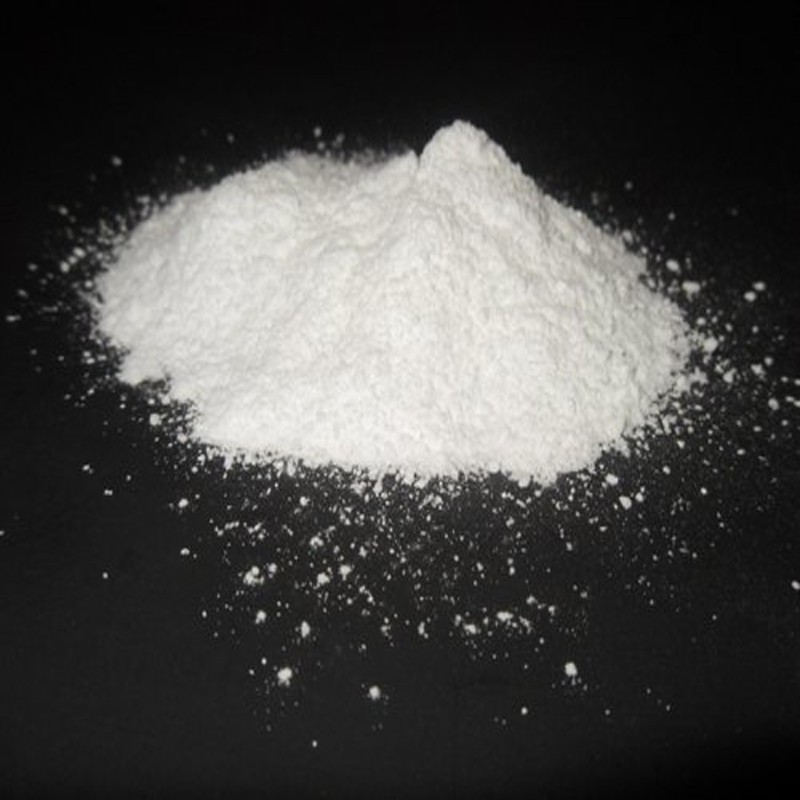Potassium chloride, also known as potassium salt, is used as a medication to treat and prevent low blood potassium.[1] Low blood potassium may occur due to vomiting, diarrhea, or certain medications.[2] The concentrated version should be diluted before use.[1] It is given by slow injection into a vein or by mouth.[3]
Side effects may include heart problems if given too quickly by injection into a vein.[3] By mouth it can result in abdominal pain, peptic ulcer disease, or gastrointestinal bleeding.[3] Greater care is recommended in those with kidney problems.[1] As long as high blood potassium does not occur, use in pregnancy or breastfeeding is believed to be safe for the baby.[4] Generally, the strength of the formulation for injection into a vein should not be greater than 40 mmol/l (3 mg/l).[3]
Potassium chloride came into large scale commercial use as a fertilizer in 1861 and has been used medically since the 1950s.[5][6] It is on the World Health Organization's List of Essential Medicines.[7] Potassium chloride is available as a generic medication.[3] In 2019, it was the 34th most commonly prescribed medication in the United States, with more than 20 million prescriptions.
Potassium chloride is used in the treatment of hypokalemia as an electrolyte replenisher.[10] With a molecular weight of approximately 75 and a valence of 1, the use of KCl for electrolytes makes 75 mg the equivalent of 1 mEq.
Some cardiac surgery procedures cannot be carried out on the beating heart. For these procedures, the surgical team will bypass the heart with a heart-lung machine and inject potassium chloride into the heart muscle to stop the heartbeat.

Login To Comment